Series Tch Tips: Three Ways to Gather Student Feedback
Save to My Resources
PLEASE CREATE A NEW ACCOUNT OR LOG IN TO ACCESS THIS CONTENT
Enjoy your first video for free. Subscribe for unlimited access.
Have questions about subscribing?
Click Here to learn more about individual subscriptions.
Click Here to learn more about School and Institution access.
Discussion and Supporting Materials
Thought starters
- What kinds of questions could you ask your students during a focus group?
- How could you gather feedback through conferences?
- What parts of your teaching would you like to get student feedback on?
Teachers
Sarah Brown Wessling
English Language Arts / 10 11 12 / Teacher
Newest
|
4 MIN
|
5 MIN
|
5 MIN
UNCUT CLASSROOMS
| TCHERS' VOICE
English Language Arts
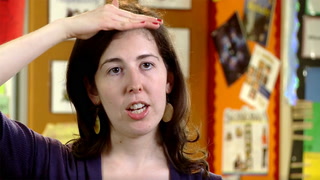
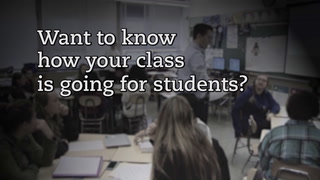
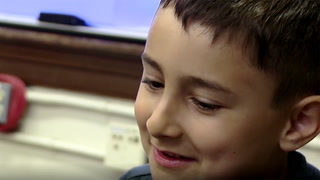
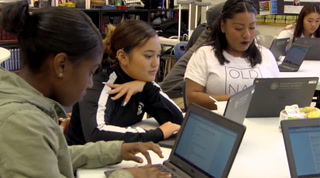
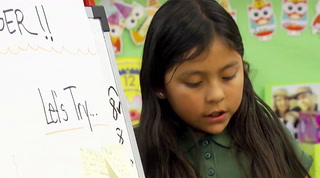









34 Comments
Lauren Mullens Aug 4, 2020 2:49pm
1. I think you can ask anything that would help yourself personally, or maybe questions about a lesson you find particularly difficult for the students that would have a positive impact on the way you teach.
2. I don't think this has to particularly be done during a project as shown in the video. You could set aside a day where you sit with students individually while other students are completing busy work to gather the feedback you find most helpful.
3. I think as a first year teacher, I will be asking for feedback frequently throughout the year to see what I can improve on. I always think doing assessments at the beginning and end of the school year will be something I will personally implement so I can take that feeback to improve for the next year.
Kimberly Smejkal Jun 29, 2020 11:16pm
What parts of your teaching would you like to get student feedback on? I would want to know if I am teaching them enough so they understand it. I would like to know how I could preform better, what they need from me as a teacher and in what ways would help them succeed.
The idea of giving the students questionnaires is a great idea. That way you get to learn how your student works and what is needed from you to reach their goals.
Leaving feedback in the form of a question or a thought is great. That gives the student the freedom to ask for help when it is needed and express themselves with thoughts and ideas they have about the work in class.
Michael Burnett Jun 11, 2020 3:21pm
The Red/Yellow/Green light questions are really useful at gaining immediate feedback for a teacher. You can take these and elaborate on them on your focus questionnaire to go deeper than just "what is working", etc... Questions like "How does {a specific teaching method} work for you?" Try to be more specific in the questions.
Listening and taking notes. Try to have a conversation instead of just a Q&A.
I think things like approachabilty or clear instruction giving would be things I would focus on.
Michael Stires Jun 5, 2020 3:41pm
Having the feedback from the students is a great tool for the teacher to be able to learn how to mold their lessons plans. Using the stop light method is a great way of engaging the students to be transparent by writing down their thoughts. The teacher will then be able to learn where the class is lacking or if its time to progress in the lesson planned. Having the one on one conference with the students allows them to translate one’s questions without feeling the pressure from other students. Having that flexibility as a teacher shows students that you are looking out for their best interest.
Julio Jacobo-Ma... May 7, 2020 10:42pm
Been able to obtain student feedback is great tool to see how effective the lesson was. Using the green/yellow/red strategy is a good way to determine if the lesson needs to be retaught or if you can simply do a warm up activity the next morning to get more practice. Conference are great because some kids are more likely to speak up during a one on one conference rather than ask questions during the whole class instruction.